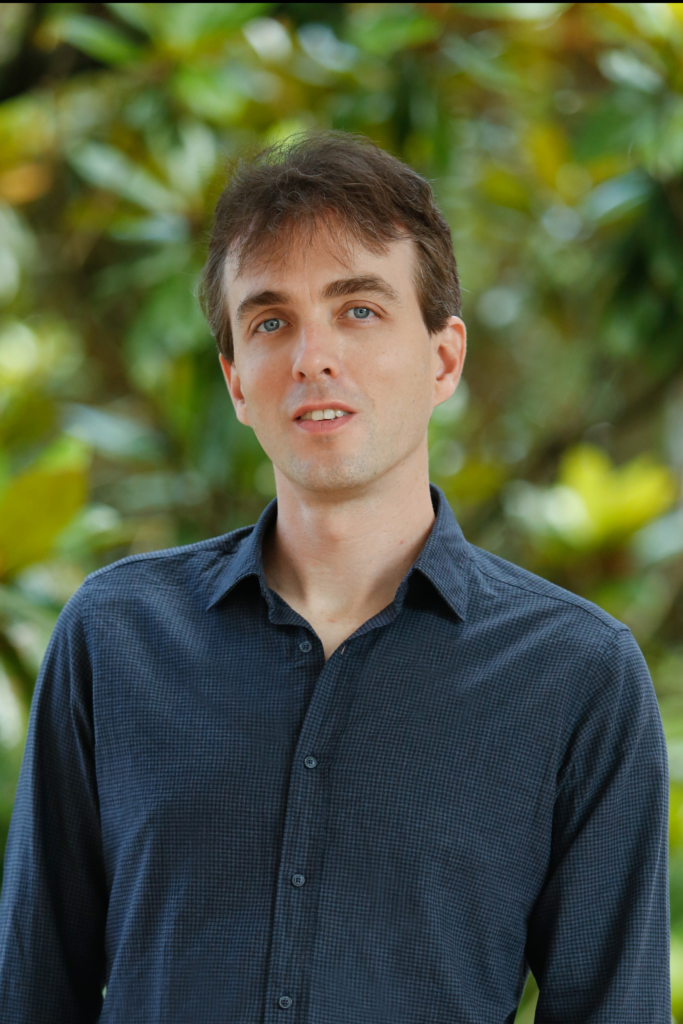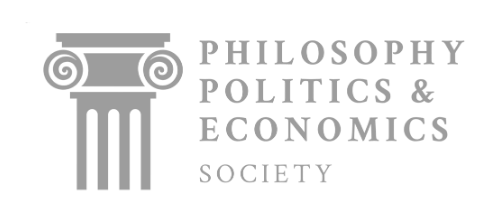the 2022 Gaus Memorial Essay Prize Winner
The PPE Society is pleased to announce the winner of the second annual Gerald Gaus Memorial PPE Essay Prize:
Matthew Draper

The 2022 Gaus Memorial Prize goes to Matthew Draper (UCSD) for his paper, “On the Possibility of Right Answers in Politics,” which focuses on the justification of shared rules in an epistemically diverse society. Draper’s penetrating essay challenges some core assumptions of epistocratic approaches to democracy. In particular, he argues that the application of methods like the Condorcet Jury Theorem are crucially limited in application to those areas where there are “right answers” to be had in politics, not subject to the legitimate contestation of values that are a core element of liberal theory.
Draper significantly advances the debate in democratic theory by disambiguating between those cases where we can expect aggregative methods like the CJT to help us find the right outcomes, and those areas where we need to do the work of taking our values disagreements seriously to find a democratic resolution.
Draper will receive a financial award from the PPE Society and the opportunity to present his work in a session with two other senior scholars at the 2022 Annual PPE Society Meeting in New Orleans, LA.
Abstract:
There is a tension in democratic politics between popular rule and expertise. We want the people to rule, but we also in some sense want the “best” or the “right” decisions to be made. This article will suggest that the scope for legitimate democratic delegation to experts varies with the political unit’s degree of consensus on paradigms and objectives. To deepen this conjecture, I develop a crude taxonomy of the varieties of political choices that legislatures are called upon to make. Although many scholars have sought to develop a taxonomy of the varieties of expertise (e.g. Turner 2001), fewer authors have considered the background level of political consensus as a mediating factor in determinations of the legitimacy of expert delegation. I argue that there exist at least three distinct cases or situations of agreement or disagreement that characterize political units, and that the role of experts will differ according to the degree of contestation that attends each type. Further, I suggest that the legitimate role of experts in a given society will depend on that society’s degree of cohesion regarding the objectives to be sought through politics and the paradigms through which these objectives are to be pursued, and that conditions of ideological diversity or polarization will restrict the range of political questions that can be legitimately delegated to experts. This is to suggest that political pluralism, though desirable for many reasons, imposes an efficiency cost on democratic politics. In cases of deep epistemological disagreement, these costs will be high, and the scope of legitimate delegation to experts will be low.
Winner Bio:
Matthew Draper is a political theorist and PhD candidate in political science at the University of California, San Diego. His research focuses on democratic theory, authoritarian theory, and political epistemology. Matthew received his BA in economics and government from William and Mary, and his JD from William and Mary law school. He is currently editorial assistant at The Adam Smith Review.
Learn more about this annual prize.
